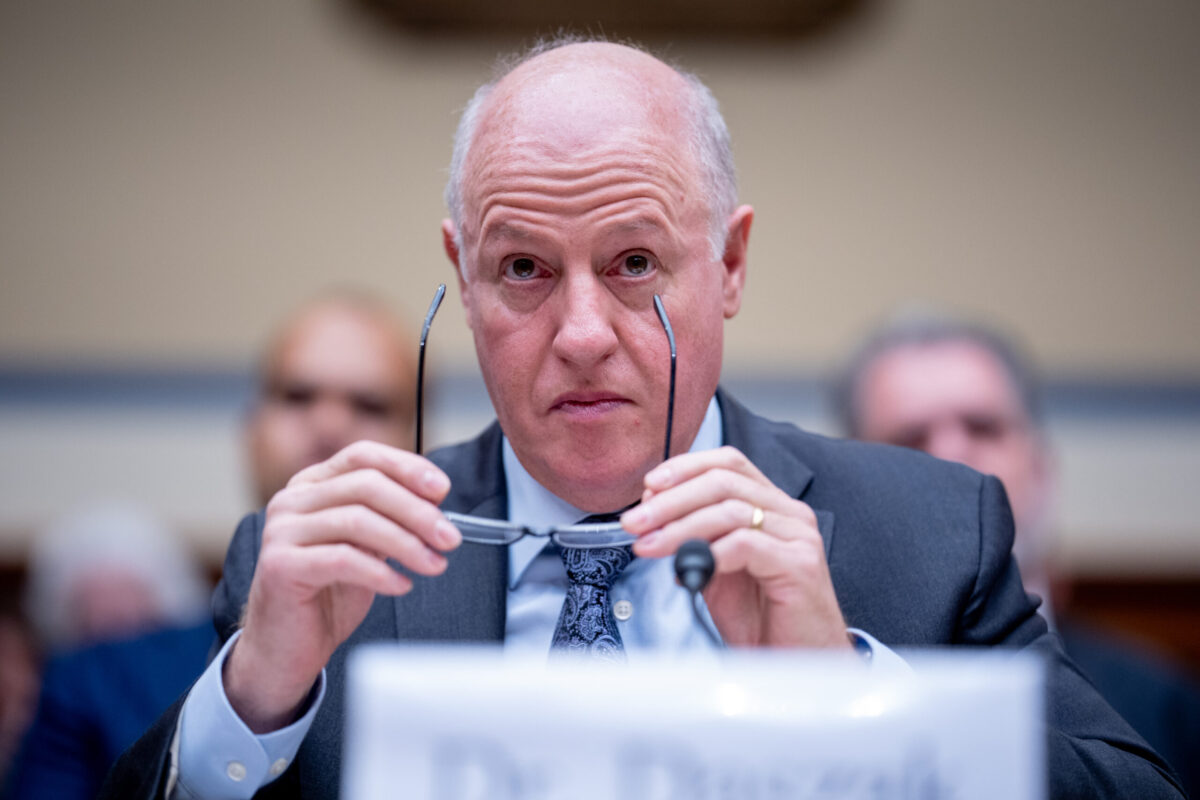Gatsby’s Greatness: Don’t Overthink It
Unveiling the Genius of “The Great Gatsby”
It’s third period English, junior year. You’ve just finished reading The Great Gatsby, and your teacher is prodding the class to consider Fitzgerald’s use of color. Daisy’s white dress, Gatsby’s gold tie, the green light across the blue lawn—what could it all mean?
And then, from the back row, you see Matt—or maybe it’s Mike—cock his head and raise his hand.
“Uh,” he says with a snort. “Maybe the light was just… green.”
In Taking Things Hard: The Trials of F. Scott Fitzgerald, Robert Garnett doesn’t take the side of the fledgling philistine in the back row of your AP Lit class. But Garnett, professor emeritus of English at Gettysburg College, is hardly sympathetic to Fitzgerald scholars whose Talmudic readings of Gatsby often veer into the absurd. Instead, he offers a refreshingly intuitive explanation for Gatsby’s greatness and its author’s precipitous decline.
A Fresh Perspective on Fitzgerald
Part biography, part literary criticism, Taking Things Hard brings the reader through Fitzgerald’s life and career but always comes back to the book at the center of both. Supplementing extant scholarship with a close-reading of the author’s unduly neglected short stories, Garnett brushes away a century’s worth of analysis to show it was Fitzgerald’s raw talent and emotional sensitivity that both helped him write The Great Gatsby and caused his tragic descent into alcoholism and hackery shortly after its publication. By looking past the accepted narrative and focusing on what Fitzgerald actually wrote, Garnett offers a refreshingly intuitive case for what makes Gatsby great.
Challenging the Status Quo
Taking Things Hard opens with an act of creative destruction. Garnett notes that during Fitzgerald’s lifetime, “Gatsby was neither his best-known nor most popular” book. After an initial printing of 21,000 copies flew off the shelves in April 1925, a smaller, second printing of just 3,000 units “failed to sell out” until after Fitzgerald’s death—15 years later. It was around that time, in the wake of World War II, that Gatsby first became popular “with ordinary readers.”
The novel’s rapid success puzzled the midcentury literati, who quickly set about searching for “weighty meaning in a melodrama of mushroom millionaires.” Eventually, they “happily discovered” that Gatsby “was about ‘the American Dream,’” a term coined six years after the novel’s publication, and with which Fitzgerald would have been wholly unfamiliar. Once “the professors had what they needed,” the book became “classroom fodder,” and, ever since, the idea of the American dream in The Great Gatsby “has been poured or knocked into the heads of generations of students.”
Unveiling Fitzgerald’s Essence
To Garnett, this is entirely the wrong approach. “Ransacking Fitzgerald’s novels and stories for themes, ideas, and opinions misses the ardent, vulnerable sensibility behind them,” he writes, adding that ”it does not diminish” Fitzgerald “to point out that he was neither philosopher, thinker, theologian, oracle, nor sage … not even a garden-variety intellectual,” because “he gives us something richer than classroom discourse.”
That “something” is actually two things: beautiful prose and emotional honesty, both deployed in service of communicating “falling in love [and] romantic loss,” the two main themes of Fitzgerald’s writings and sensations Fitzgerald “understood well and suffered intensely.” In Garnett’s telling, Fitzgerald seems in many ways to be the “beautiful little fool” Gatsby’s Daisy Buchanan wishes her daughter to be.
Demystifying Fitzgerald’s Life
But if Fitzgerald’s beautiful foolishness produced some of the greatest writing in American letters, it also fueled his alcoholism, moodiness, and notoriously tumultuous marriage to the equally drunk and mercurial Zelda Sayre. That deadly trio ultimately led to Fitzgerald’s infamous The Crack-Up, the name he gave to a collection of three essays on his breakdown initially published in Esquire. Garnett dismantles the hagiographic consensus surrounding The Crack-Up as deftly as he deflates Gatsby scholars’ American dream.
Readers with even a passing familiarity with Fitzgerald will find themselves shocked as Garnett highlights the absurdity of scholars who hail these essays as evocative and honest, when in reality they are “far from brilliantly written … littered with cliches” and often “simply falsified.” Thanks to Garnett, it will be hard to ever again take seriously Fitzgerald’s musings about the darkness of the soul at three o’clock in the morning.
A New Perspective on Fitzgerald’s Work
Garnett is at his best when he shines the light on conventional wisdom surrounding Fitzgerald’s life and work. But while he objects to the standard ways of reading Fitzgerald, Garnett ultimately draws similar conclusions to the consensus he seems hellbent on busting. Having revealed the pitfalls of intellectualizing Fitzgerald, he instead takes him at face value, relying on his personal writings, the oft-neglected but meticulously kept diary of his personal secretary, Laura Guthrie Hearne, and, most important, Fitzgerald’s autobiographical short stories.
Flitting from literary history to literary criticism, Garnett shows how Fitzgerald habitually lifted dates, locations, and occasionally exact language from his diaries to use as the foundation for stories. While contemporaries like Ernest Hemingway and Thomas Wolfe pulled from personal experience in their fiction, Fitzgerald simply sold slightly embellished versions of his life to the Saturday Evening Post. He admitted as much to Hearne toward the end of his life, telling her “all my characters are Scott Fitzgerald.”
Rediscovering the Brilliance of “The Great Gatsby”
With Fitzgerald, what you see is what you get. Garnett embraces this simplicity while doing the critical work of demonstrating why this is so. By concluding a rigorous literary and historical study with a rather intuitive diagnosis—that is, The Great Gatsby is great because it is beautifully written—Garnett rescues the book from those who elevate it by reading what isn’t there, as well as those who dismiss it as just some overhyped book you read in high school.
Taking Things Hard: The Trials of F. Scott Fitzgerald
by Robert R. Garnett
LSU Press, 352 pp., $39.95
" Conservative News Daily does not always share or support the views and opinions expressed here; they are just those of the writer."





